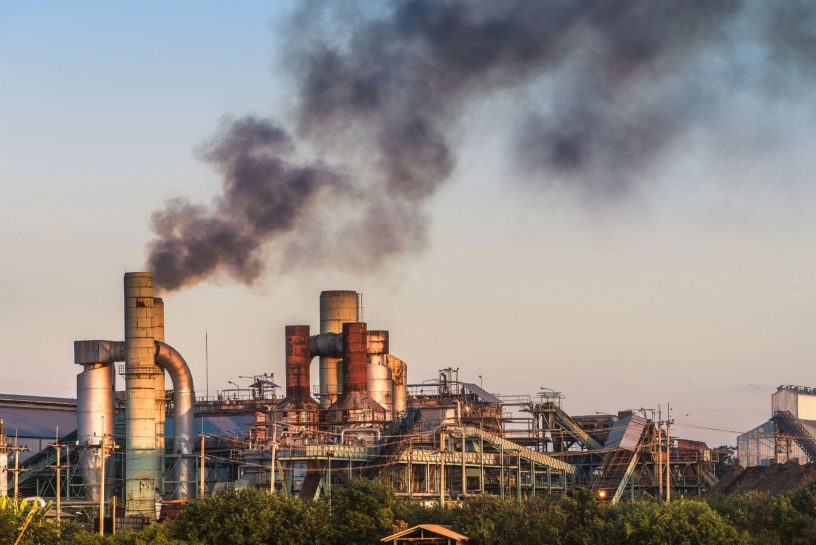
The world needs renewable energy to free it from the grip of hydrocarbon politics, say academics from Jindal School of Environment and Sustainability in their recent article for The Statesman
Authors:
Abhiroop Chowdhury, Jindal School of Environment & Sustainability, O.P. Jindal Global University, Sonipat, Haryana.
Aliya Naz, Independent Researcher.
Armin Rosencranz, Professor & Dean, Jindal School of Environment & Sustainability. O.P. Jindal Global University, Sonipat, Haryana.
Summary:
The energy sector contributes as much as 73 per cent of global greenhouse gas emissions. With burning forests, flooding cities and drying deserts, the impacts of climate change are apparent globally. Hydrocarbons play a major role in global politics as well as in destabilising the environment.
Hydrocarbons — oil and coal — are the pillars of modern industrial activity. The automotive and energy industries are intricately linked with oil and steel. Coal typically supplies 80 per cent of many countries’ energy demand. Hydrocarbons and their extraction have directly or indirectly influenced global geopolitics for the last two centuries.
The role of hydrocarbons in conflicts became apparent in World War I. Then, the British had to promise Arab independence to instigate an Arab revolt against the Ottoman Empire, an Axis power. The plan was to divide the oil-rich Ottoman territories of the Persian Gulf between the Allied powers, France and Britain.
‘Black gold’ also cast a shadow over World War II. Hitler had planned to capture the oil-rich Caucasus and Caspian basin from Russia through Operation Barbarossa in June 1941. This move may have been the worst decision of Nazi Germany. It brought Joseph Stalin’s Soviet Russia into the war. Meanwhile, frustrated by the US blockade, which stifled the supply of oil to its shores, Japan’s attack on Pearl Harbor in December 1941 caused the US also to join WW II.
Published in: The Statesman
To read the full article, please click here


